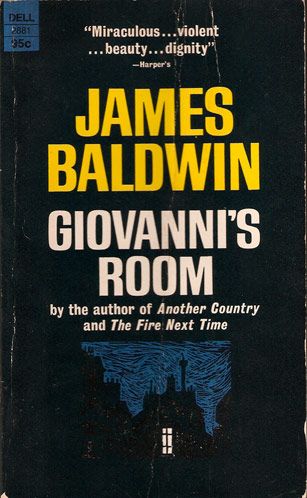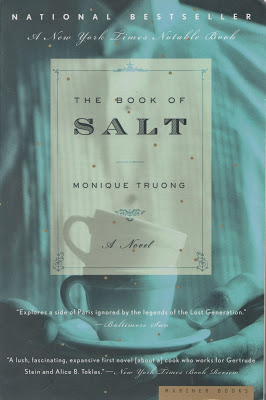I read this novel on the back porch of my childhood home in a sleepy suburb of the Pacific Northwest over the summer, and was struck by the nearby history that I had never learned. Your Heart is a Muscle the Size of a Fist is based on and takes place during the 1999 World Trade Organization protests in Seattle; its take on the historical facts of the event is painted by Yapa‚Äôs poignant, lyrical phrasing.…
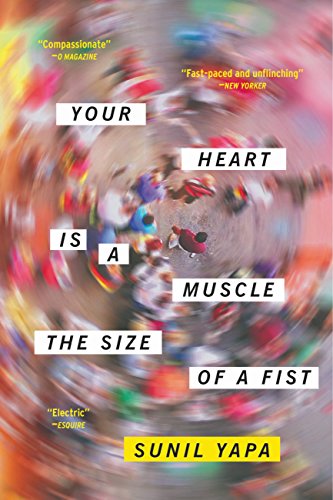


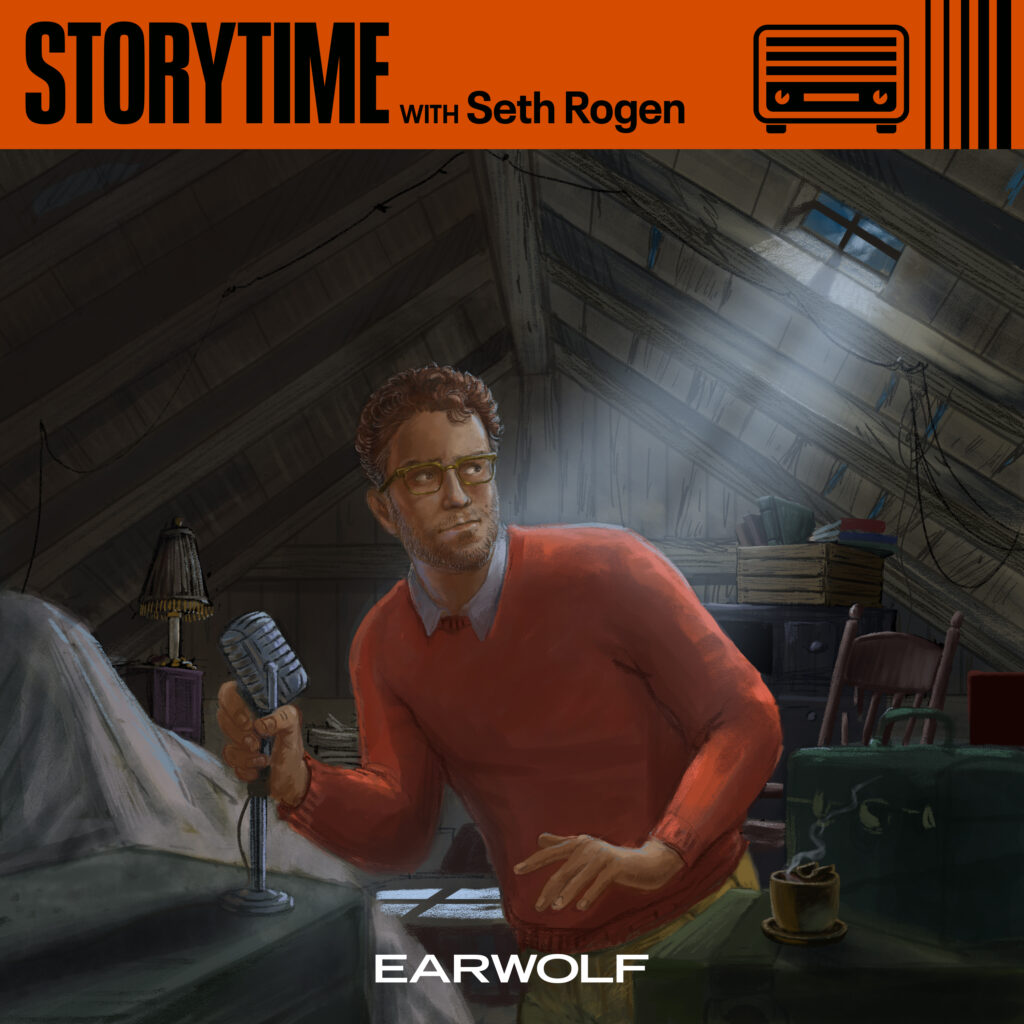

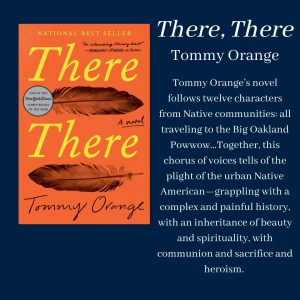
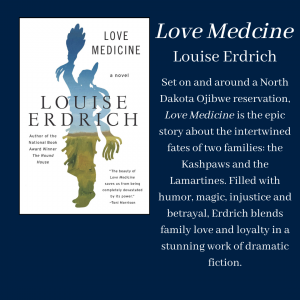

 …
…